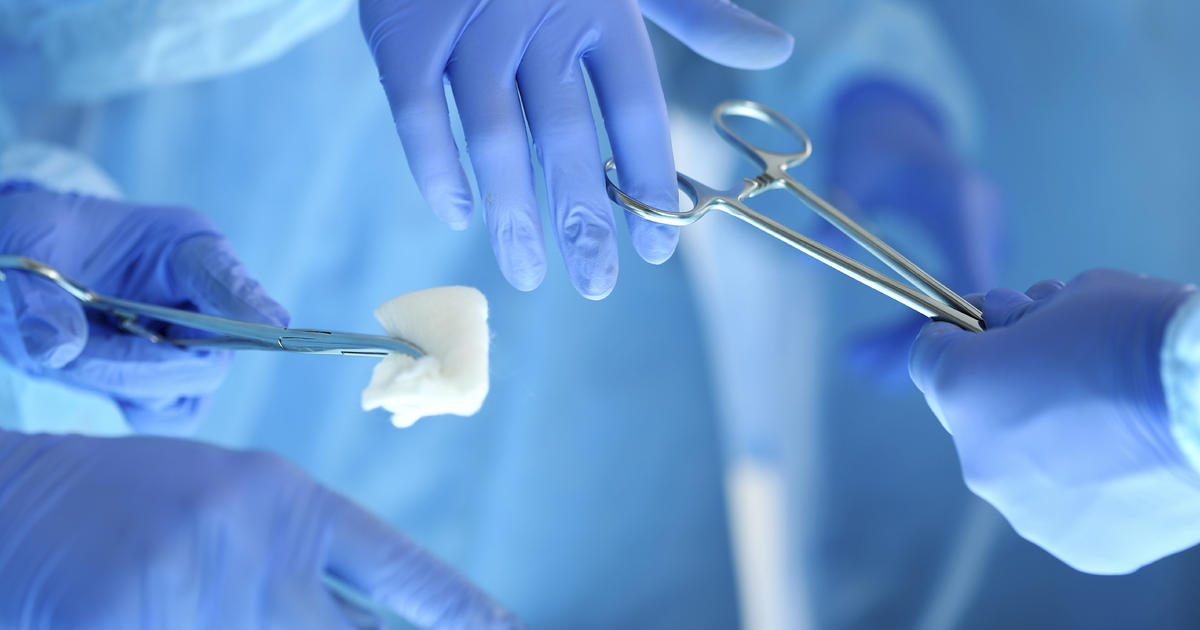The Main Differences Between Angina Attacks & Heart Attacks
Treatment Options For Angina

Treatment options for angina vary, as it depends on how much heart damage a patient has. For patients with mild angina, medication and lifestyle changes can greatly improve blood flow and help with managing its symptoms. A doctor might prescribe medications that can widen or relax the blood vessels and allow more blood flow to the heart, decrease the heart rate so the organ does not work too hard, and to prevent blood clots. Medical procedures can also be done if medication does not help lessen the symptoms of angina, including angioplasty or stenting, which is a tiny balloon inserted into an artery to widen it and restore blood with a small tube, known as a stent, left inside to keep the artery open. Another surgical option is a coronary artery bypass grafting (CABG) or bypass surgery, where healthy arteries are taken from other parts of the body and are used to go around the blocked or narrowed blood vessels.
Lifestyle changes can also dramatically lessen a patient's angina symptoms and include resting when necessary especially when they experience pain from stress or physical activity, eating smaller and more frequent meals if larger meals trigger chest pain, and to quit smoking. It is also recommended that patients exercise regularly to keep their heart functioning properly, engage in stress-relieving activities such as yoga, and to visit their doctor regularly for checkups.
Options For Treating A Heart Attack

With each passing moment after a sudden heart attack, more heart tissue continues to deteriorate and die, and restoring blood flow as fast as possible is the only way to prevent permanent heart damage. Thankfully, there are a few medications a patient can take to help ease the symptoms of a heart attack and slow its progression. As previously mentioned, acetylsalicylic acid is the best medication to take when suffering from a heart attack, as it reduces blood clotting and helps to maintain proper blood flow through a narrowed artery. Thrombolytics help dissolve a blood clot that is blocking blood flow to the heart, and the quicker patients receive this medication after a heart attack, the greater chance they will have at survival.
Another medication that helps alleviate a heart attack is antiplatelet agents, also known as platelet aggregation inhibitors, which help prevent new clots from forming and keep existing clots from getting bigger. Beta blockers are also frequently used for patients suffering from a heart attack, as these medications help relax the heart muscle, slow down the heartbeat, and decrease blood pressure. Other medications that can be administered include other blood-thinning medications, pain relievers, nitroglycerin, ACE inhibitors, and statins. In addition to medications, a patient may have a surgical procedure performed to help treat their heart attack. These procedures include a coronary angioplasty and stenting, and coronary artery bypass surgery. After a heart attack, it is also essential that a patient participates in a cardiac rehabilitation program so they may resume a normal, healthy life as soon as possible.
